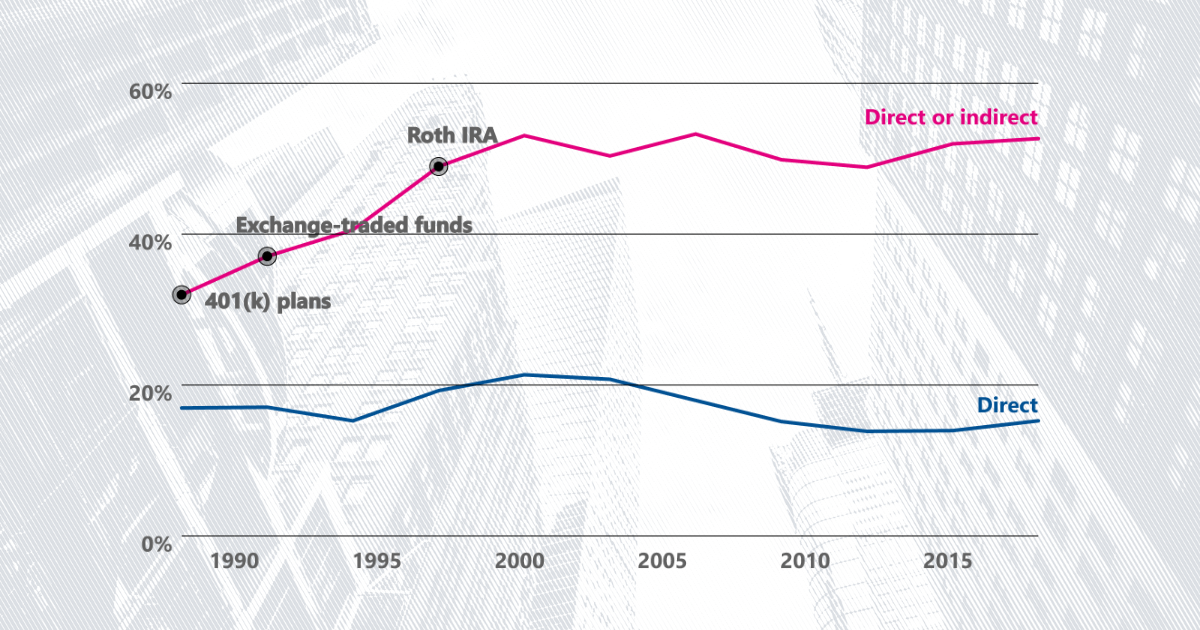Oddball
Unobtanium Member
- Jan 3, 2009
- 105,716
- 113,236
Getting more silver on the dip.I dumped some gold just for giggles.
But I've got plenty more, so. Meh...
Follow along with the video below to see how to install our site as a web app on your home screen.
Note: This feature may not be available in some browsers.
Getting more silver on the dip.I dumped some gold just for giggles.
But I've got plenty more, so. Meh...
...Gold increased a little today as people headed to metals and commodities for a safe haven.
so you don't care about your fellow Americans eh Herpie Weasel ?I hope you do not suffer too much.
Me and mine will be fine.
How do the markets ever go down? Millions of people have 401k's and IRA's that invest billions in the markets every week.
so you don't care about your fellow Americans eh Herpie Weasel ?
Huh, WHA?Gold will rebound....it was only down 1-2% today as some people had to sell in order to cover margin calls.
Edit:
I take that back....Gold increased a little today as people headed to metals and commodities for a safe haven.
if you vote for a Democrat they are ..They are not my responsibility.
eeeyessir....Getting more silver on the dip.
if you vote for a Democrat they are ..
This is a very conservative Fed Board.
There’re goal is not to prevent inflation or economic slowdowns but rather to control them to limit the damage they cause.
Well it's going to continue to climb. During recession/depression stocks languish but gold climbs....just saying I would have hung on for another quarter.Yeah it was a good time to dump a little bit.
Percentage of Americans Involved in the US Stock MarketsTo listen to market observers, the Federal Reserve is sleeping as the house burns down. After the week began with sharp falls in Asian stock markets, American analysts began calling for emergency interest rate cuts from the Fed. Otherwise, they say, falling stock prices risked turning into an outright crash.
Arguably, investors are mapping their own pain onto the economy as a whole. Despite Monday’s sell-off, the macro-data from the broader economy doesn’t quite paint the picture of collapse that they’re drawing, at least not yet.
High-frequency data, like air travel and flight bookings, still indicate a US economy which remains in pretty good shape. Although there’s little question the economy has cooled down, it bears repeating that it’s coming off a period of very hot growth. Overall, the picture is of a gradual softening, not an imminent collapse. Consumer spending is still up. The U.S., in short, is not Canada.
Ironically, therefore, the widespread expectation that interest rates will be cut sharply is a self-defeating sentiment. It has driven bond yields down a lot, lowering borrowing costs – the expectation of cuts may actually take the pressure off central banks to get more aggressive with cuts. That is a good thing.
But the markets are not the economy, and investors’ pain is only their own. With the markets running less hot, the economy will benefit since capital, including houses, will become more affordable.

Opinion: Markets are down, but that doesn’t mean the economy is — The Globe and Mail
American markets opened on Monday deep in the red. But the truth is that share prices, while down a lot, didn’t quite collapseapple.news


 www.pewresearch.org
www.pewresearch.org


It would be interesting to know the ratio. For instance, I am retired and I am not moving my money out.Millions of retirees pull billions out of the markets every week.
Well it's going to continue to climb. During recession/depression stocks languish but gold climbs....just saying I would have hung on for another quarter.
Yes....it's a commodity/safe haven that most traders seek during recessions. Silver too....but most especially platinum/palladium. Because Gold, platinum/palladium are not only a store of value but also a high end tech industrial metal (catalytic converters and corrosion resistant electronic contacts)Gold climbs when the economy slows and prices are falling?